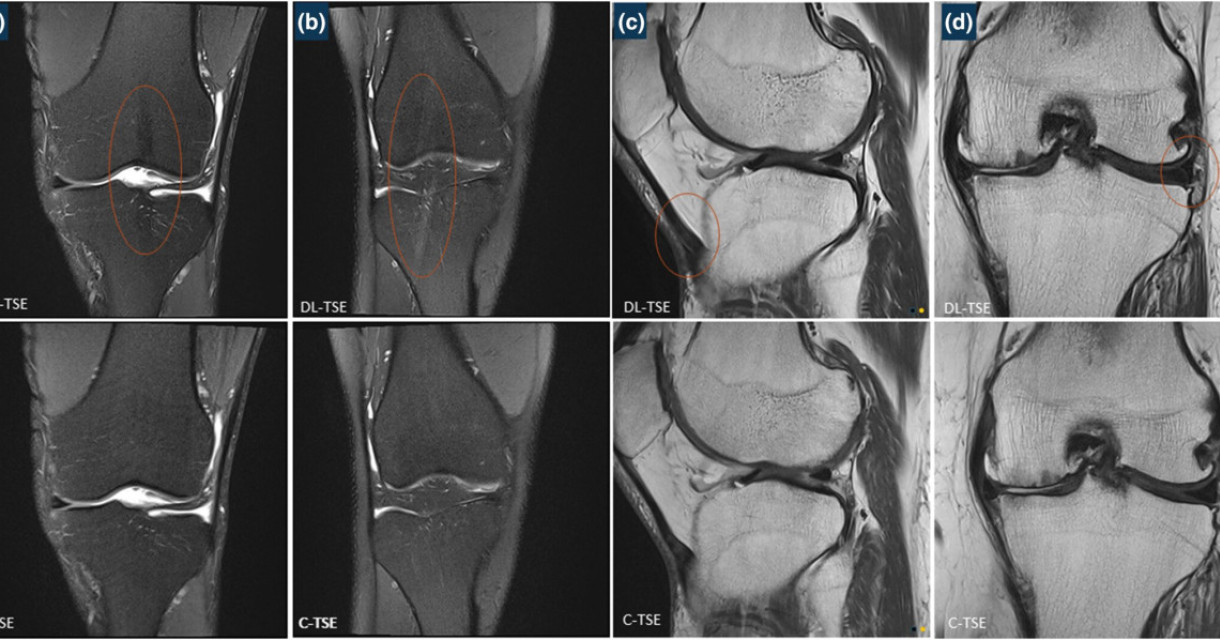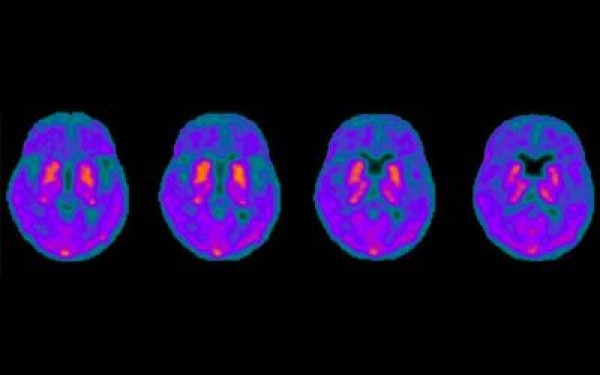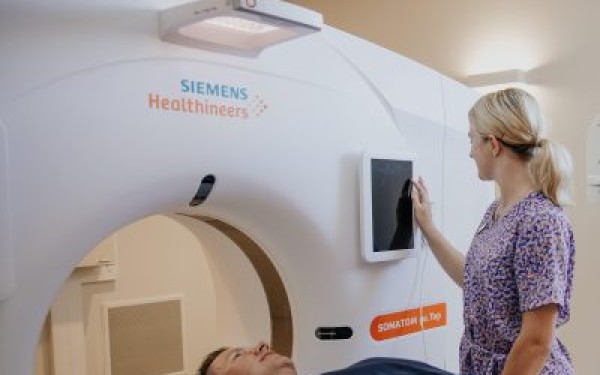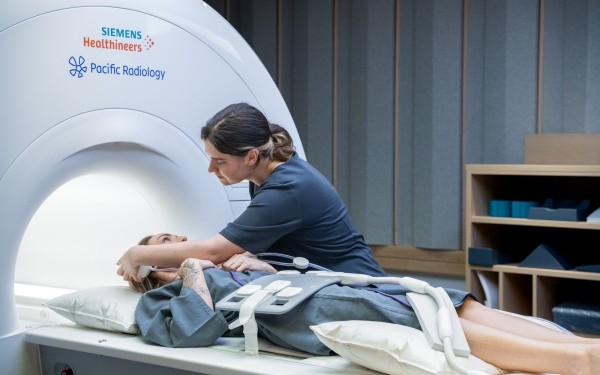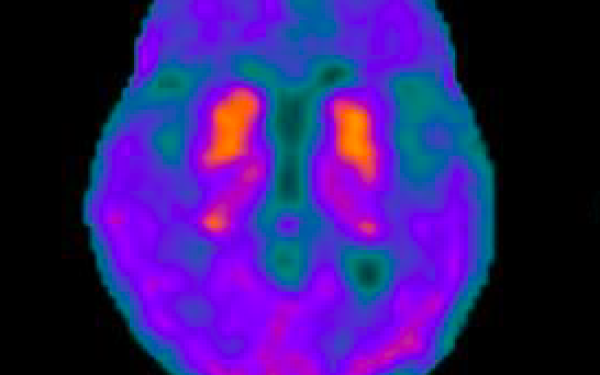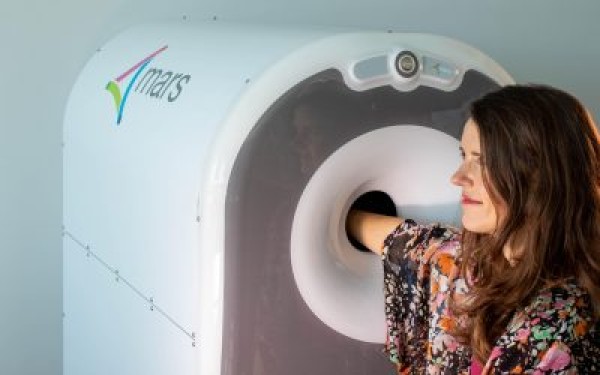The study, titled “Evaluation of deep-learning TSE images in clinical musculoskeletal imaging”, compared the fat-saturated and non-fat saturated turbo spin echo (TSE) magnetic imaging knee sequences reconstructed conventionally against a deep-learning based reconstruction of accelerated TSE (DL-TSE) scans.
The clinical research project, that included contributions from six of our doctors and medical staff members, was published in the Journal of Medical Imaging and Radiation Oncology. Congratulations to MRI Technologists Nick Palmer, Mustafa Almuqbel, Stephen Kingston Smith and our PRG Radiologists Ross Keenan, Kevin Gilbert, Scott Wells, Andrew Lynch and Andrew Li on this publication.
Overall, the radiologists who participated in this study preferred DL-TSE reconstruction. They found that using this method resulted in faster image acquisition times and enhanced spatial resolution while still preserving the image contrast. When using the DL-TSE reconstruction method, images were acquired 52% faster with an improved image resolution of at least 45%. Smaller structures in the knee were better depicted 60% of the time.
This research project has shown that there is an opportunity to further reduce overall examination time and improve patient comfort with no loss of diagnostic accuracy.
This research project was a collaboration between Siemens Healthcare Australia and Germany and the Pacific Radiology Group.
Research Directors.
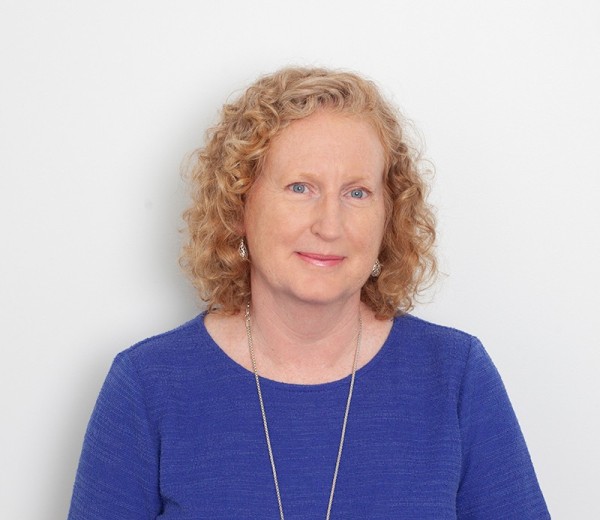
Dr Rebecca Woodward
Rebecca is a radiologist with Auckland Radiology and our Director of Academic Research. She has been published in peer reviewed journals with leaders in the field, supervises research students and is involved in ongoing international collaborations.
"To offer world-class services to our local communities nationwide, we need to identify local inequities in health and healthcare. Collaborative relationships are key to explore clinically relevant topics and optimise health outcomes."
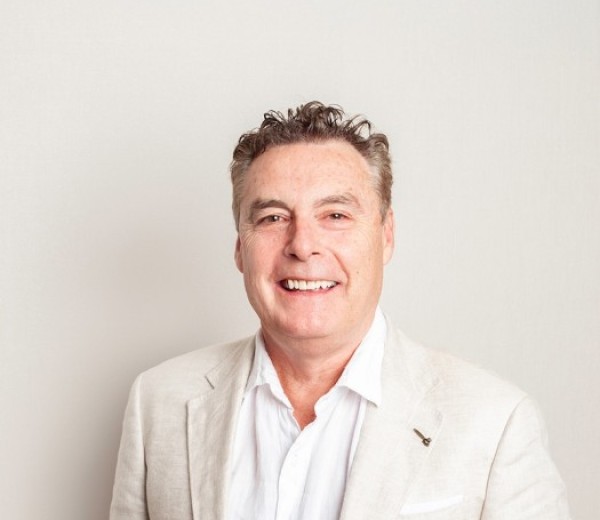
Dr Ross Keenan
Ross is a radiologist with Pacific Radiology and our Director of Clinical Research. He has numerous publications in peer reviewed journals to his name and is involved with ongoing local and international research collaborations.
“RHCNZ is involved in literally hundreds of clinical research projects at any time. The results have the potential to make very real changes for patients and ageing populations within New Zealand and across the globe.”
